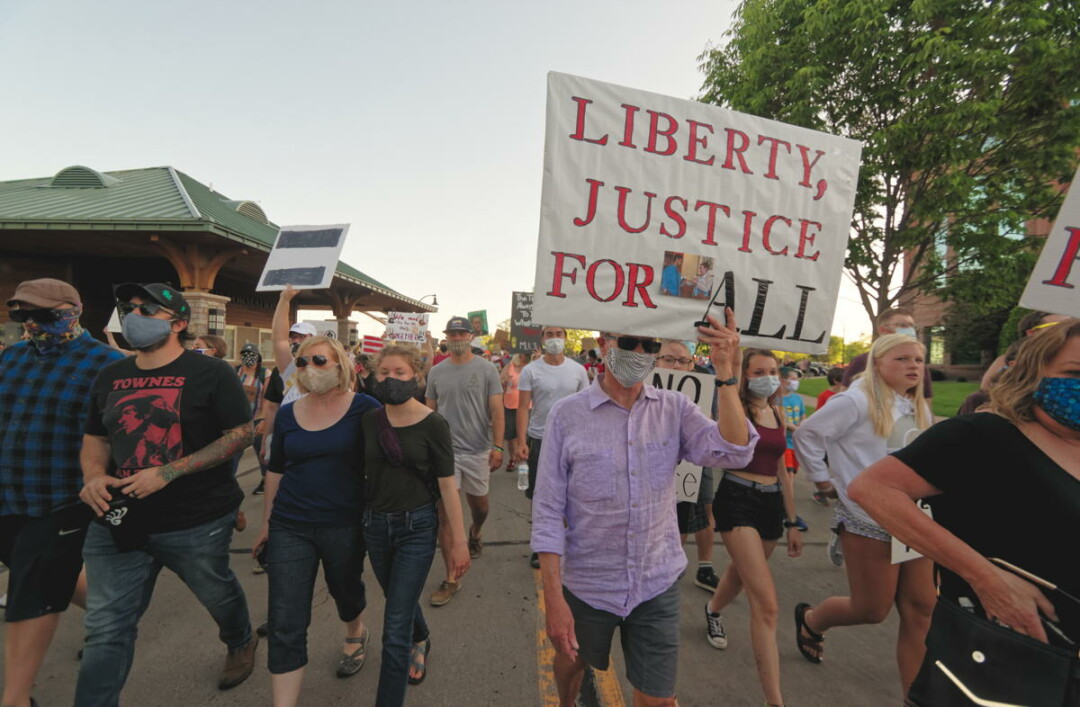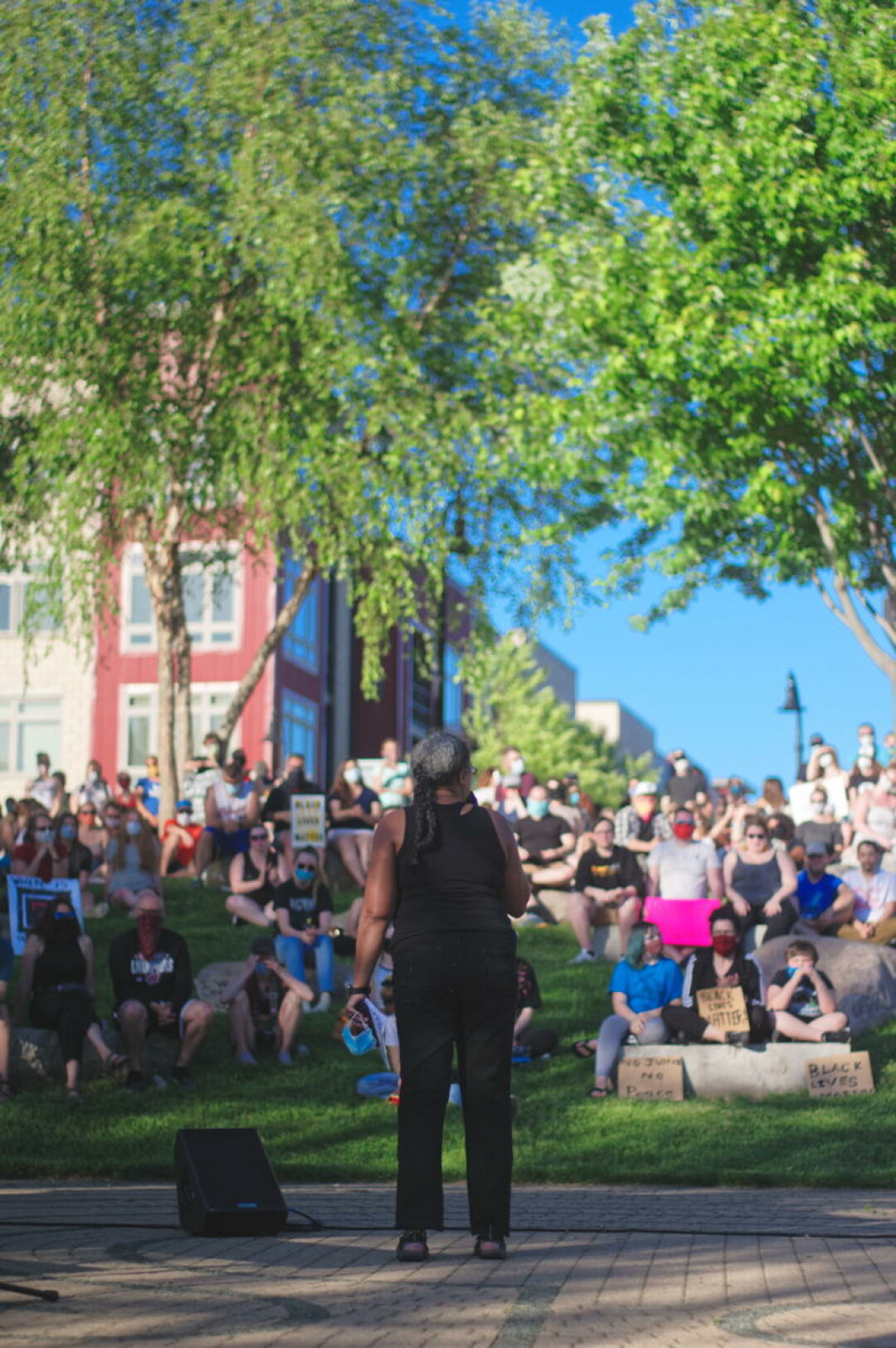COLUMN: Talking Across Fear
seeing past misconceptions is key to racial progress
Selika Ducksworth-Lawton, photos by Luong Huynh |

Have you ever been stereotyped? Treated some way based on what someone perceives you to be, no matter who you really are? Have you felt the pain of knowing that people are judging you based on things you cannot change? Have you had people threaten you because they jumped to a conclusion? The assumptions, stereotypes, rumors, and scapegoating underlying these actions threaten to tear our country and our communities apart.
Scapegoating makes people comfortable – whether they are a schoolyard bully manipulating other kids, a workplace bully manipulating a boss to get someone fired, or a racial bully trying to get away with intimidation. Comfort, and the things we will do to have emotional comfort, are the keys to how we are being manipulated into hating each other.
When people are emotionally uncomfortable, they will grab onto things that make the discomfort go away. The problem is that those things can be vicious, unprofessional, and straight-up evil. We need to recognize that our wish for emotional comfort can lead us to perdition … and to being conned, to losing money, and to doing things that are immoral. The things we want or fear the most can trap us into making choices that hurt everyone.
Add race to the mix, and scapegoating and comfort seeking become even more toxic. To avoid racist discomfort, people will literally not see things that are right in front of them.

This summer ripped a Band-Aid off the festering wound of disparate law enforcement, governmental corruption, abuse of power, and vicious supremacists. Their denials increasingly seem less rooted in reality.
We need to learn to talk across fear and race. We need to find the common goals of community. We need to challenge the stereotypes of marginalized people, of majority people, and especially of Black men and police officers. We need to find a way to get to trust. Trust must come from honest, open communication and accountability. It comes from seeing people and finding the common ground. It comes from building relationships. We must see Black men as human and not inherently scary or criminal. We must see that many police officers in Eau Claire and Menomonie understand the need for reform and welcome reforms. We must see these groups without stereotypes. We must look through our comfortable lies and misconceptions. We need to see the individuality of people.
I know police officers who are agonized over George Floyd’s murder, and who support reforms. I know people who will not tolerate any criticism of police. I know people on both sides who need to stop stereotyping and start listening. We all need to be less sure that we already know the best answer for every situation.
This is Eau Claire. We are neighbors. Our police are not the corrupted police of Minneapolis or Milwaukee. We can build with them. Black Lives Matter are not terrorists, or out-of-town agitators, or arsonists. We can lead this state in creating peaceful compromises and reform.
We all want to be safe and to be treated with respect. Can we see each other? Can we bridge the divide? Can we ratchet down the rhetoric? It is up to us. I see you. Can you see me?
Dr. Selika Ducksworth-Lawton is a professor of history at UW-Eau Claire, a member of the City of Eau Claire’s Police and Fire Commission, and co-host of “Conversations in Color” on Converge Radio.


















